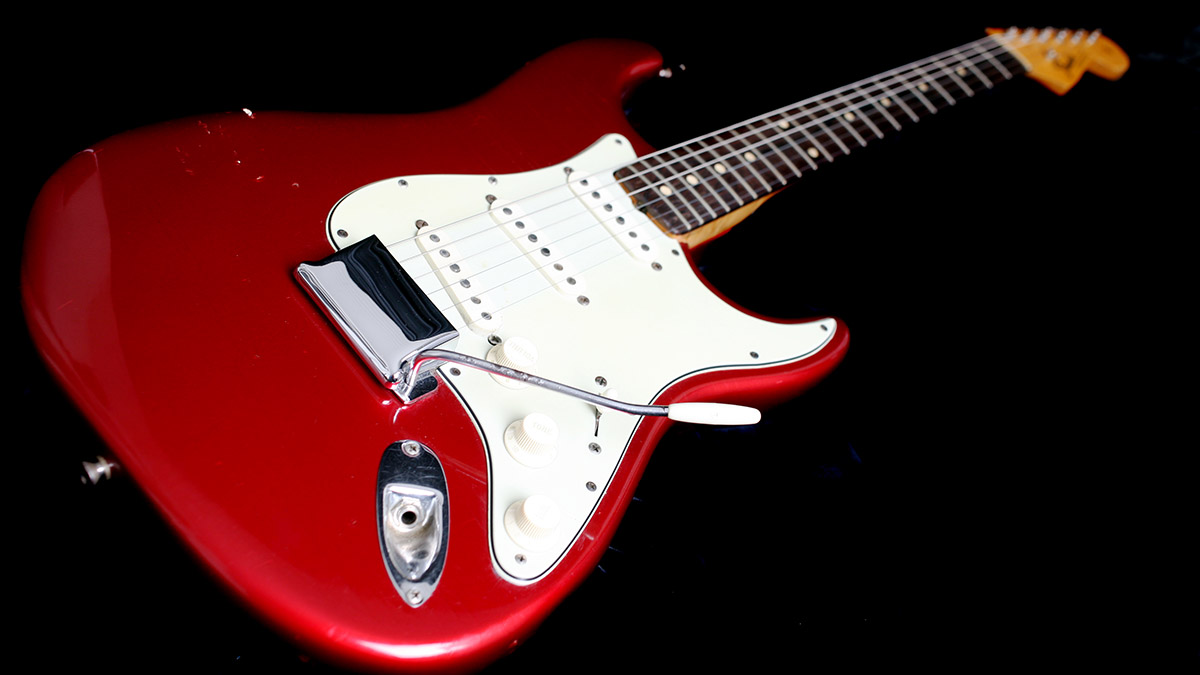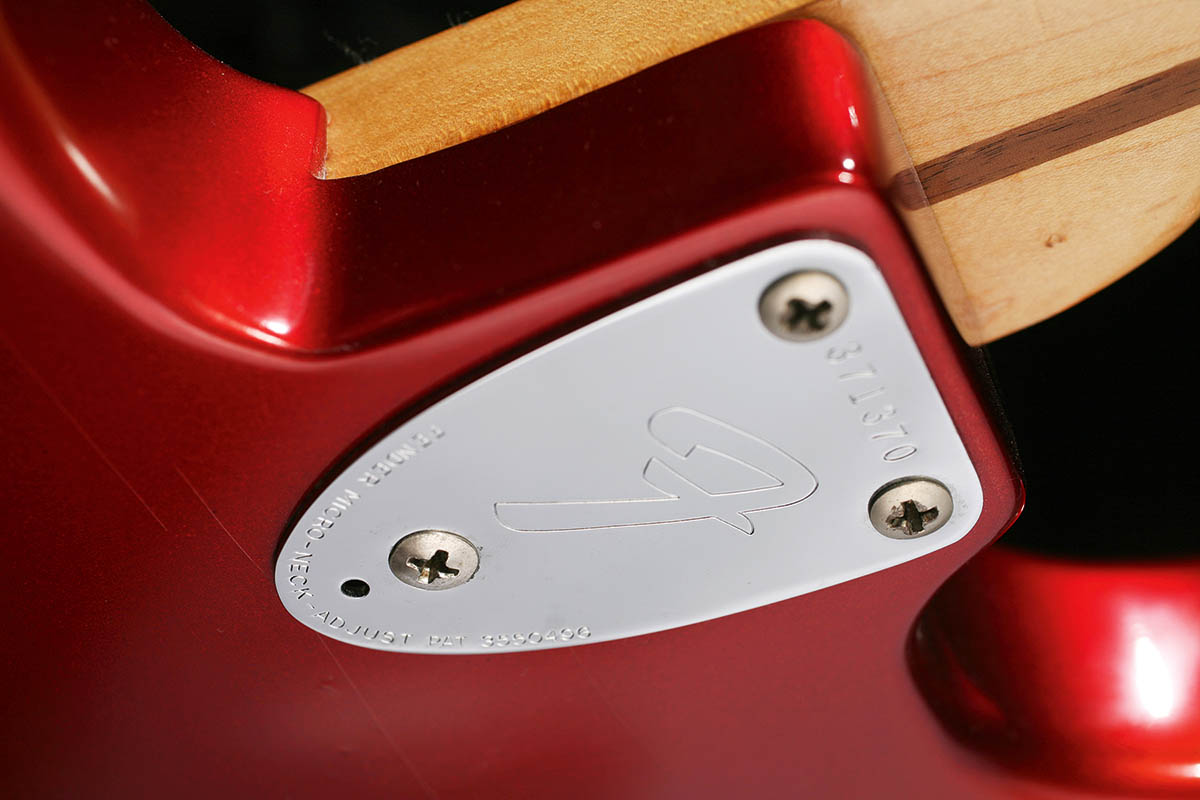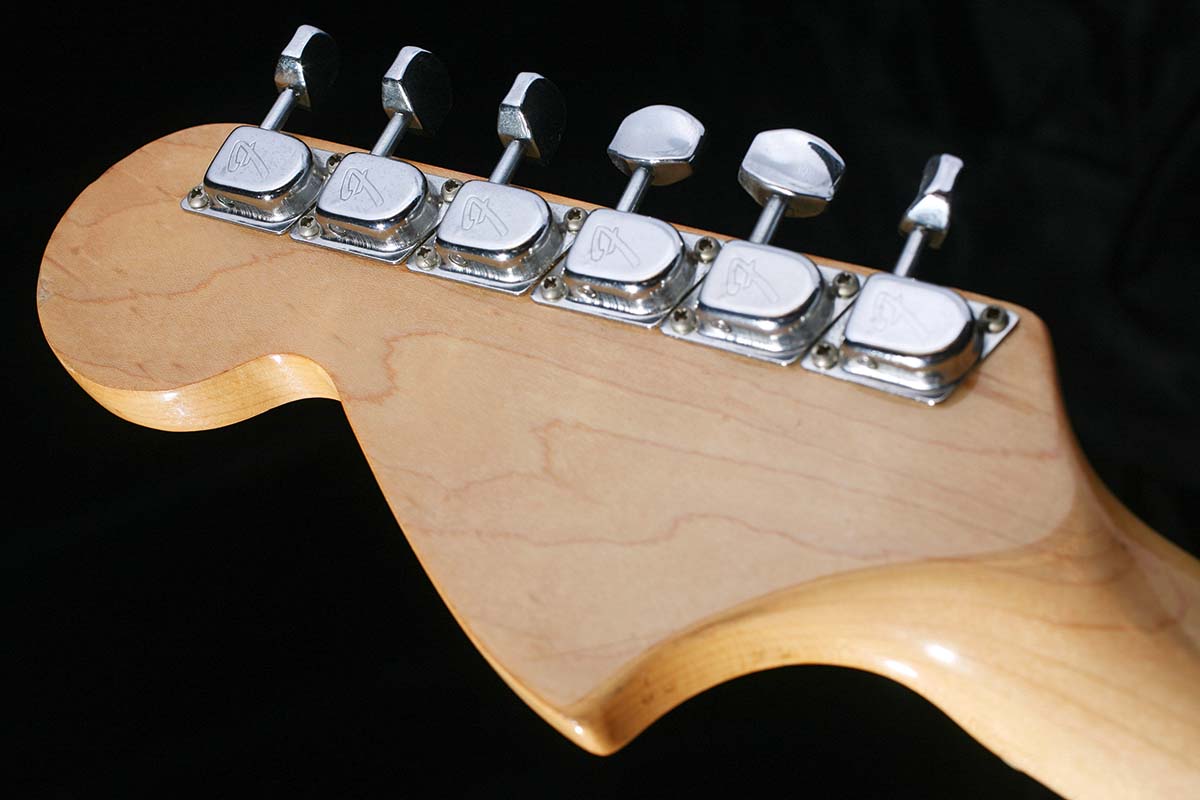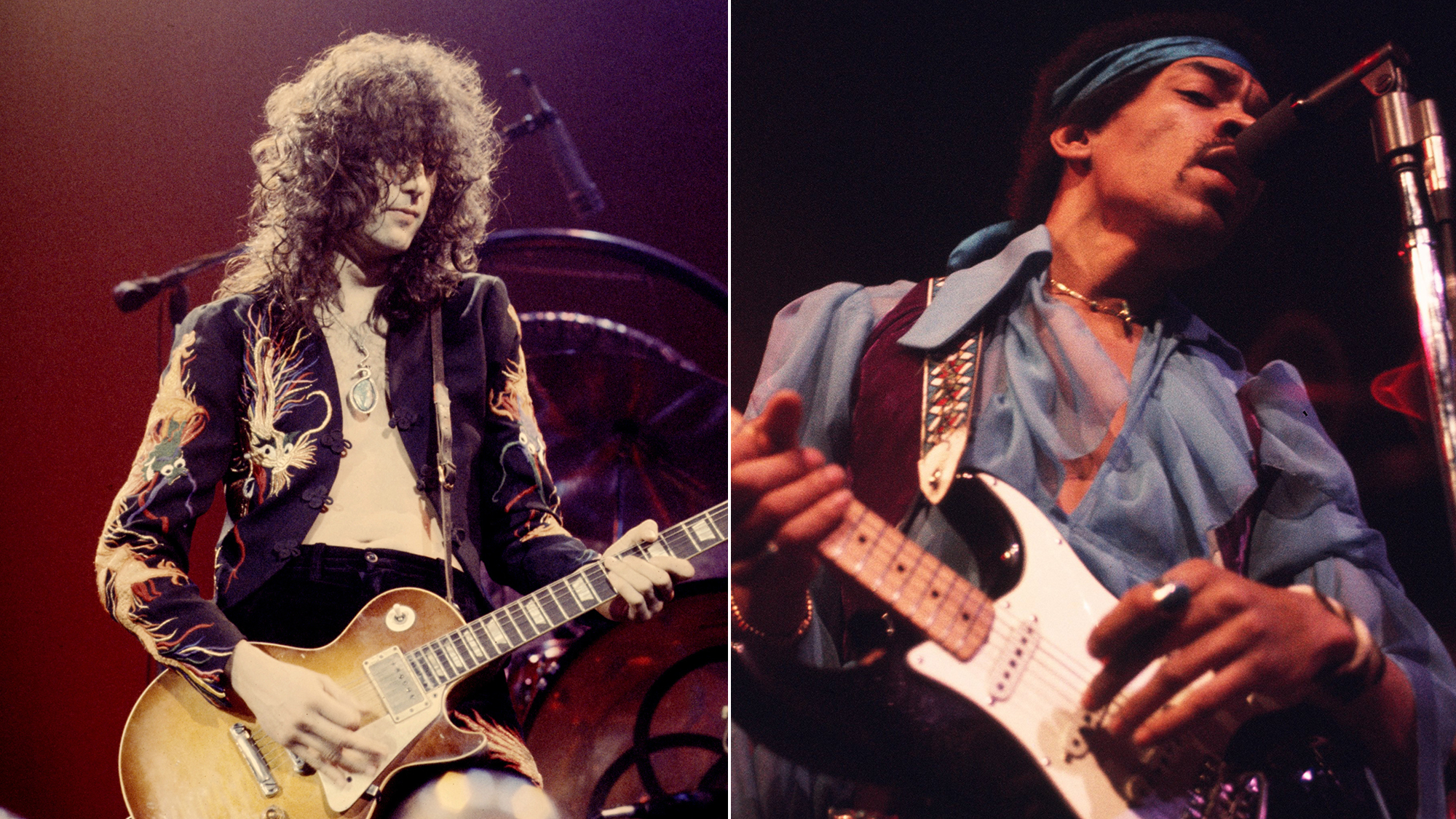Classic gear: 1970s Fender Stratocasters
Taking a closer look at the Strat's CBS-era tweaks, for better and for worse

The 1970s didn’t get off to a great start as far as the guitar world goes. Jimi Hendrix died, The Beatles split then both Peter Green and Eric Clapton went AWOL. Meanwhile, over the pond at Fender, the old guard continued to file out following the sale of the company to CBS in 1965.
During 1970 – just months after his business partner Don Randall threw the towel in – Leo Fender cut all ties with the brand he started back in 1946. It was officially the end of Fender’s ‘golden era’. Nevertheless, the Stratocaster was experiencing unprecedented demand, bolstered by the influence of Hendrix.
Guitar production of such magnitude was effectively a work in progress, and while today’s advanced manufacturing technology allows laser-precise production at high volume, back in the '70s the industry was still finding its feet. Furthermore, the guitars themselves were being altered in ways that didn’t necessarily appeal.

Leo Fender had always been a forward-thinking individual when it came to guitar design, and equally as important to Fender’s early success were the cookie-cutter-style methods of large-scale manufacturing he originally implemented.
But with the Strat beginning to morph into what many thought of as a shadow of its former self, coupled with a perceptible drop in overall quality, many players began looking back to earlier periods of production.
Thus, the market for pre-CBS Fenders was born. That said, many great guitar players used '70s-era Strats, including Ritchie Blackmore, Yngwie Malmsteen and The Edge. Look hard enough and you can always find a good one; demand is strong today, regardless of their reputation.
Indeed, a quick visit to Reverb.com will throw up dozens of '70s Strats priced in the thousands (at the time of writing, prices range from around £1,500 for an original 1979 model up to around £10,000 for an original 1970 sunburst model). So, do they really warrant such a negative rep? The truth is, they vary from guitar to guitar. A lot. And this general variation in quality is what tends to turn people off.
Get The Pick Newsletter
All the latest guitar news, interviews, lessons, reviews, deals and more, direct to your inbox!

1970 One-piece fretted maple necks replace maple fingerboard option
1971 Micro-Tilt system; 3-bolt neck; ‘bullet’ truss rod nut at headstock
1972 Second metal ‘butterfly’ string tree (3rd & 4th strings)
1973 Walnut finish introduced as custom colour (with black pickguard)
1974 Flush/non-staggered pickup polepieces
1975 Black pickguards, knobs and pickup covers (mixed with white parts)
1976 Serial number relocates from neckplate to headstock
1977 5-way pickup selector switch; Antigua and Wine finish options available
1979 25th Anniversary Stratocaster (4-bolt neck; truss rod nut at neck heel; locking tuners)
Confidence in a guitar is everything when buying, which is why today’s manufacturers try so hard to keep things consistent. Perhaps the only consistent thing about '70s Strats, however, is their inconsistency. In terms of design changes, they were mostly well-intentioned. Take the heavy poly finish, for example.
Fender was proud of its “thick-skin high-gloss” finishes. So much so, the company had the term ‘thick-skin’ officially trademarked and advertised it as such in promotional literature. The Micro-Tilt system, three-bolt neck and ‘bullet’ truss rod nut, too – actually not a bad design at all when built correctly (as exemplified by Leo Fender’s Music Man and G&L instruments).
The increased weight of some of the guitars being a conscientious ‘tonal improvement’ is perhaps taking things a bit too far and was far more likely to have been one of several cost-cutting measures that did little to support Fender in the longterm.
Soon, it was being beaten at its own game by Japanese imports that were not only less expensive but also of arguably superior quality. Ultimately, it would take radical change to keep the company alive.
Rod Brakes is a music journalist with an expertise in guitars. Having spent many years at the coalface as a guitar dealer and tech, Rod's more recent work as a writer covering artists, industry pros and gear includes contributions for leading publications and websites such as Guitarist, Total Guitar, Guitar World, Guitar Player and MusicRadar in addition to specialist music books, blogs and social media. He is also a lifelong musician.
“This would make for the perfect first guitar for any style of player whether they’re trying to imitate John Mayer or John Petrucci”: Mooer MSC10 Pro review
“The most in-demand mods straight from the factory”: Fender’s elevated Player II Modified line brings the firm’s most sought-after guitar upgrades to the masses








![John Mayer and Bob Weir [left] of Dead & Company photographed against a grey background. Mayer wears a blue overshirt and has his signature Silver Sky on his shoulder. Weir wears grey and a bolo tie.](https://cdn.mos.cms.futurecdn.net/C6niSAybzVCHoYcpJ8ZZgE.jpg)

![A black-and-white action shot of Sergeant Thunderhoof perform live: [from left] Mark Sayer, Dan Flitcroft, Jim Camp and Josh Gallop](https://cdn.mos.cms.futurecdn.net/am3UhJbsxAE239XRRZ8zC8.jpg)
